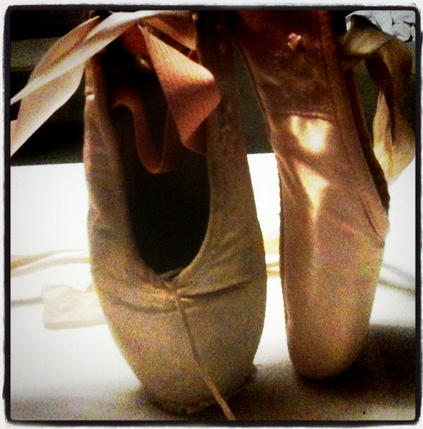Hello, wonderful commenters, readers, and other-people-peering-at-this.
I’m writing with bittersweet news: G&H is moving, this time to a standalone location. I have adored being here. I have gotten to write next to some of my favorite people in the world, and it has been and important and warm and loving community. There aren’t grand reasons I’m moving–it’s just that as time has passed, I’ve been writing to an increasingly different audience, and having my own space seems an inevitable, but sad part of that.
So. With that, I’ll see you over here.



